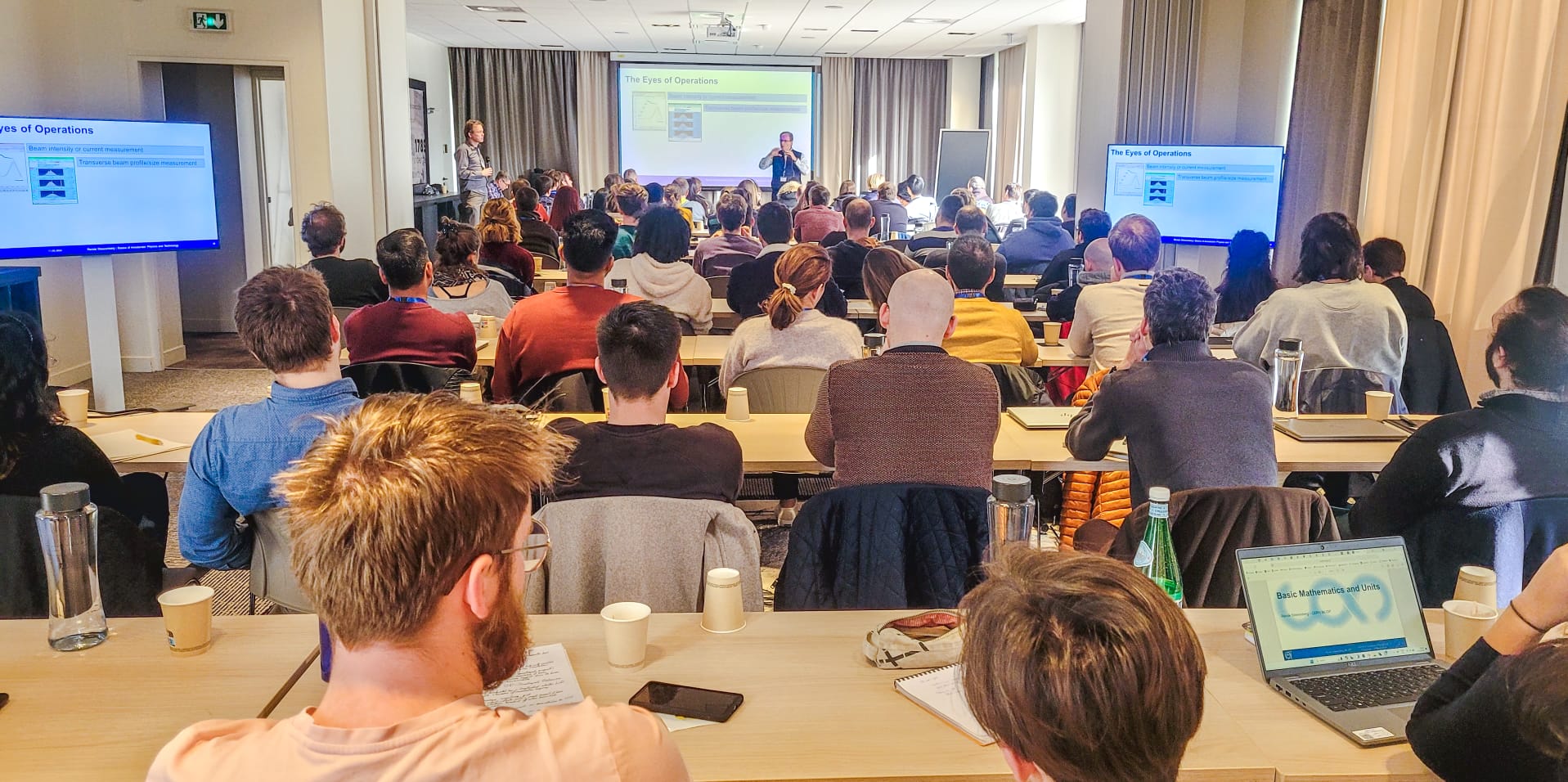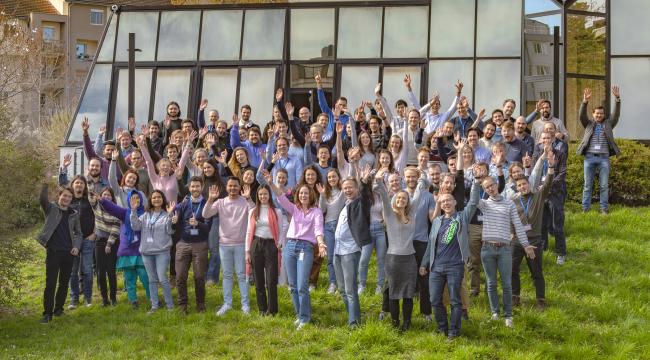This non-residential course had 26 unique lectures and networking opportunities throughout the day.
This week, we reviewed the core topics of accelerator physics and technology, particularly focusing on CERN machines, projects, and applications. This course is a perfect starting point for those with little experience in the field.

With 82 participants from 20 different nationalities, we opened the course with the lecture "Accelerators for Beginners and the CERN Complex," presented by Rende Steerenberg, Head of Operations Group - Beams Department at CERN.
It is worth noting that this course was originally only available for CERN participation. Still, since 2018, it has been available to anyone not working for CERN.
The course, which has been running since 2013, is designed to provide introductory-level training to engineers and technical engineers interested in General Accelerator Physics, particularly on CERN machines. The course is non-residential and has no hands-on exercises, making it perfect for those who want to learn the basics of the subject quickly.
Due to the high demand for this course, CAS plans to organise this course every year.
We've received some questions about the differences between the Basic and the Introductory courses. The Basic course is non-residential and does not offer hands-on exercises. It generally focuses on CERN machines. On the other hand, the CAS Introductory course is a two-week residential course. This duration allows to cover additional subjects and to go deeper into the topics. Still aimed at newcomers to the field of accelerator physics, it is also a perfect continuation for those with limited knowledge or experience in accelerator technologies, whether related to CERN or not. In addition, it fosters networking with group activities, a poster session, and more opportunities to interact with the lecturers and among the participants.
So, if you are interested in particle physics and accelerator technology, enrol now to our next Introduction to Accelerator Physics in Spain and boost your career.

